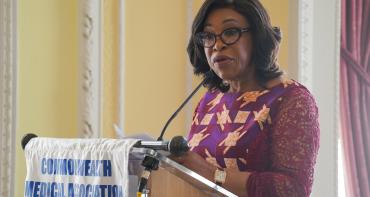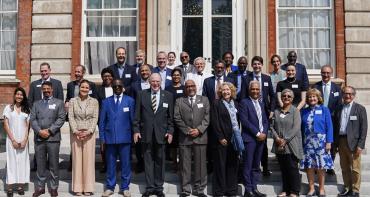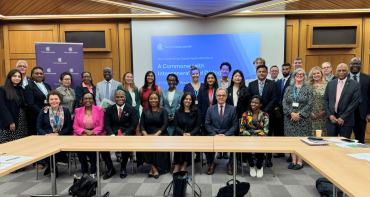Cancer prevention and control could save hundreds of thousands of lives in low-and middle-income Commonwealth nations including Small Island Developing States. This webinar will discuss innovative ways of preventing and controlling cancer prevention and control and present insights and strategies that can drive meaningful change.
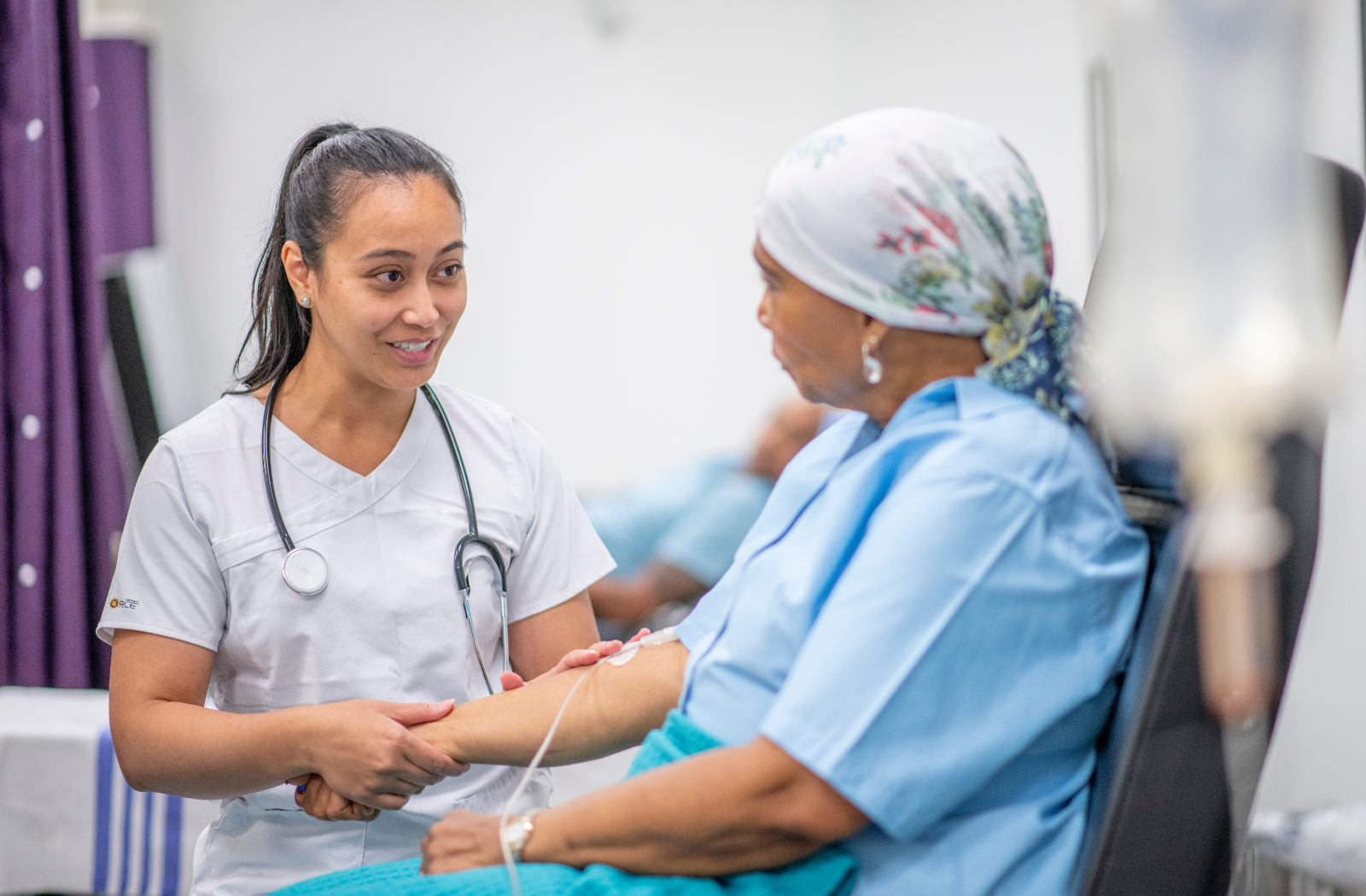
Cancer is surging around the world. This webinar is part of London Global Cancer Week, and aims to raise awareness about the thousands of people affected by cancer and how lives can be saved, especially in low and middle-income Commonwealth countries including Small Island Developing States and beyond.
The Commonwealth represents over 30 percent of the world’s population but carries a 40 percent share of the global cancer incidence, and 43 percent of the global mortality especially for cervical cancer which accounts for 87% of all deaths in low- and middle-income countries. This impact is also felt in the world’s Small Island Developing States (SIDS), of which 33 out of 42 are Commonwealth member countries.
If adequate steps are not taken to radically reduce the rising incidence of cancers such as cervical cancer within the Commonwealth, the number of new cases is expected to rise by 55 per cent (to 324,598) and deaths by 62 per cent (to 186,066) by 2030. This would equate to one woman dying of cervical cancer every three minutes.
These deaths are preventable and are not inevitable.
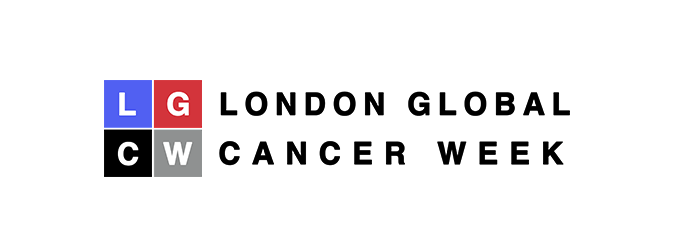
A report by the Daffodil Centre, a world-leading research centre on Cervical cancer control revealed that co-ordinated efforts to meet the WHO 90-70-90 cervical cancer targets in Commonwealth lower-income countries could avert almost 40 million cases and save over 35 million lives within a century. In the UK, the incidence of cervical cancer has been reduced by a quarter since the 1990s.
In 2021, the Commonwealth launched the International Task Force for Cervical Cancer Elimination and Health Ministers pledged to ensure that, by 2025, all girls in the Commonwealth would have access by the age of 13 to the human papillomavirus (HPV) vaccine to reduce the incidence of cervical cancer, aligning with a global effort to eliminate cervical cancer by 2030.
During the recent 2024 Commonwealth Heads of Government Meeting (CHOGM) in Samoa, member nations reaffirmed their commitment to eliminate all forms of cancer, including cervical. This dedication sets the stage for concerted efforts across member states.
To hear about these initiatives, join us on 14 November for a transformative multi-country dialogue that brings together a diverse group of people, including young cancer survivors, First Ladies, Commonwealth member country representatives, and cancer experts.
Investing in Cancer Prevention and Control in Low-and Middle-Income Countries including Small Island Developing States: A Strategic Multi-Country Dialogue
Speakers and programme
|
10:00 - Welcome and Introductions
|
|
10:05 - Young person with lived experience
|
|
10:10 - Opening Remarks
|
|
10:15 - Special Remarks
|
|
10:20 - Overview of the Burden of Cancers in the Commonwealth
|
|
10:30 - Roundtable Dialogue: Enhancing Investment Strategies for Cancer Control in Commonwealth Countries Moderator
Contributions from Commonwealth member countries
|
|
11:10 - Opportunities and multi-dimensional approach to cancer control
|
|
11:25 - Closing remarks and Call to Action
|

